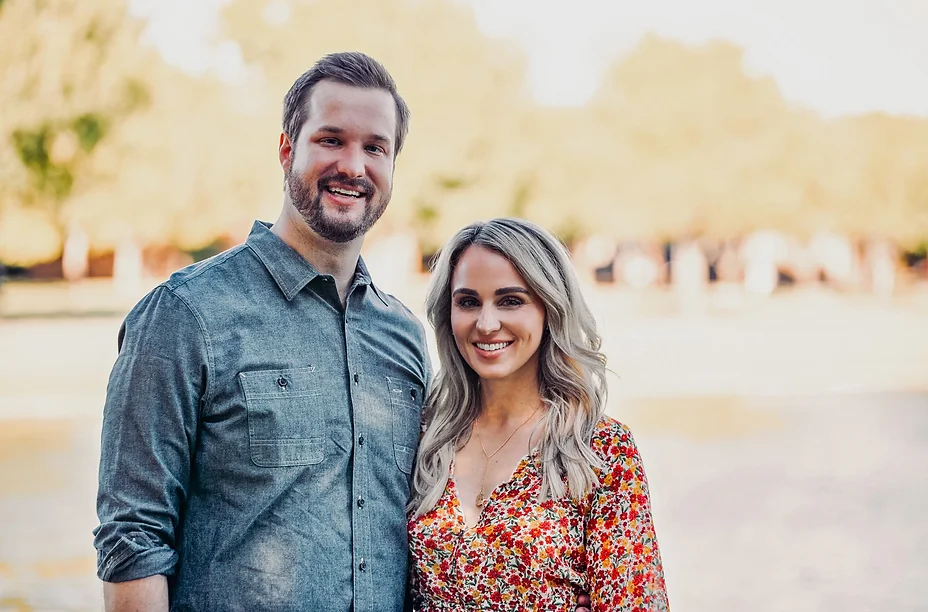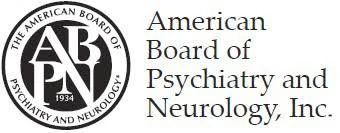Obsessional Thoughts Treatment in Colorado Springs – 15 Years of Expert Care
Evidence-based care for intrusive thoughts. Our licensed team uses CBT and ERP to help you regain peace—backed by 15+ years of results.
Why Meah for Obsessional Thoughts Treatment
A winner of Best Mental Health Provider, Meah Modern Psychiatry offers expert care for obsessional thoughts using evidence-based methods like CBT and ERP—delivered with compassion and a whole-person approach.

Why Meah

Care Directed by Psychiatrists
Our psychiatrists specialize in treating the emotional and neurological roots of obsessional thoughts.

Everything Under One Roof
Therapy, medication, and wellness care work together to interrupt obsessive thinking.

Whole-Person Care
We treat the mental, physical, and behavioral patterns driving obsessive thoughts.
Why We Help You Break Free from Obsessional Thoughts
At Meah Modern Psychiatry, we help individuals manage obsessional thoughts through evidence-based therapy and compassionate care.
We combine clinical expertise with whole-person support—so you gain relief from mental loops and regain clarity, focus, and peace of mind.

Are You Struggling
With Any of the Following?
Disturbing thoughts or mental images that feel intrusive and hard to control.
Reviewing conversations or actions repeatedly to “make sure” nothing went wrong.
Worrying that certain thoughts mean something dangerous or shameful about you.
Staying away from people, places, or ideas that cause distressing mental loops.
Constantly questioning your intentions, memories, or decisions.
Racing thoughts that make it hard to focus on work, conversations, or daily tasks.
Obsessive thoughts that keep your mind active at night and disrupt rest.
Feeling mentally drained by the ongoing battle with intrusive thoughts.
Free 15 Minute Consultation With A Licensed Psychiatrist
Reach out today to get a free consultation with Dr. Lexi Kurtz D.O.

What Makes Our Obsessional Thoughts Treatment Different
| Features | Other Practices | Meah Holistic Essentials | Meah Holistic + Total Wellness |
|---|---|---|---|
| Treatment for intrusive, unwanted thoughts | Maybe | ||
| Proven therapies (ERP, CBT, ACT) | Rarely | ||
| Personalized plans based on symptom patterns | Maybe | ||
| Consistent provider across treatment | Maybe | ||
| Licensed, board-certified clinicians | Maybe | ||
| Accepts insurance | Maybe | ||
| Simple, transparent billing | Maybe | ||
| In-person & virtual appointments | Maybe | ||
| Addresses rumination, anxiety & lifestyle triggers | ✗ | ||
| Focus on long-term behavior & thought cycles | ✗ | ||
| Optional psychiatric care coordination | Rarely | ||
| Inclusive, non-judgmental environment | Maybe |
Why Choose Us for
Obsessional Thoughts Treatment in Colorado Springs
At Meah Modern Psychiatry, we deliver evidence-based treatment for obsessional thoughts through therapy, psychiatric care, and wellness support—grounded in both science and compassion.
Our licensed experts help you regain peace of mind by addressing the root causes of intrusive thoughts and creating personalized strategies for long-term relief.
Education, Certifications & Training






are saying
“I have a comprehensive wellness plan that addresses my mind, body, and spirit. Seeking a fresh perspective, I scheduled a consultation with Dr. Kurtz to review my current treatment and supplements. She was easy to schedule with, kind, insightful, and incredibly knowledgeable in integrative psychiatry. I’ll definitely be returning!”
S. T.


Step 1
Appointments – Flexible Psychiatry
Your initial appointment will be entirely focused on you— your story, your concerns, and your wishes for treatment.
Step 2
Present your solution
Our team of Medical Doctors, Physician Assistants, and Therapists will work with you to create a personalized treatment plan.
Step 3
Let’s get to work
Now, we put your personalized treatment plan into effect to help get you better, faster.
Appointments
Flexible Psychiatry
Choose the convenience and comfort of online consultations or the personal touch of in-person visits, allowing you to access our comprehensive psychiatric services wherever you are, tailored to fit your lifestyle
Appointments
In Person
Appointments
Online
Mind Matters
Obsessional thoughts are intrusive, unwanted, and distressing thoughts that repeatedly enter your mind, often causing significant anxiety. Unlike typical worries, these thoughts are persistent and can be challenging to dismiss, interfering with daily functioning.
Yes, obsessional thoughts are a hallmark of OCD. They involve recurrent, intrusive thoughts that lead to compulsive behaviors aimed at reducing the associated anxiety. However, obsessional thoughts can also occur in other mental health conditions, such as anxiety disorders and depression.
Evidence-based treatments like Cognitive Behavioral Therapy (CBT) and Exposure and Response Prevention (ERP) are highly effective. These therapies help individuals confront and manage intrusive thoughts without resorting to compulsive behaviors. In some cases, medication such as selective serotonin reuptake inhibitors (SSRIs) may also be prescribed.
Yes, medications like SSRIs can be beneficial in reducing the intensity of obsessional thoughts. They work by altering the brain’s serotonin levels, which can help alleviate symptoms. Medication is often most effective when combined with psychotherapy.
While some individuals may experience complete remission, others learn to manage and reduce the impact of obsessional thoughts over time. With appropriate treatment and coping strategies, many people lead fulfilling lives despite occasional intrusive thoughts.
Obsessional thoughts are typically repetitive, intrusive, and cause significant distress. They often feel uncontrollable and are incongruent with your values or desires. If these thoughts interfere with your daily life, it may be time to seek professional help.
Exposure and Response Prevention (ERP) is a form of CBT that involves gradually exposing individuals to the source of their anxiety without engaging in compulsive behaviors. Over time, this helps reduce the power of obsessional thoughts and the urge to perform rituals.
Yes, techniques such as mindfulness meditation, stress management, and cognitive restructuring can be helpful. However, these are often most effective when used in conjunction with professional therapy.
While commonly associated with OCD, obsessional thoughts can also be present in conditions like generalized anxiety disorder (GAD), depression, and post-traumatic stress disorder (PTSD). A thorough assessment by a mental health professional can provide an accurate diagnosis.
To begin treatment, you can schedule an initial consultation with our licensed mental health professionals. We offer personalized, evidence-based care plans tailored to your specific needs, including both in-person and virtual therapy options.
Free 15 Minute Consultation With A Licensed Psychiatrist
Take the first step towards better mental health with a no-obligation consultation with one of our licensed experts.




